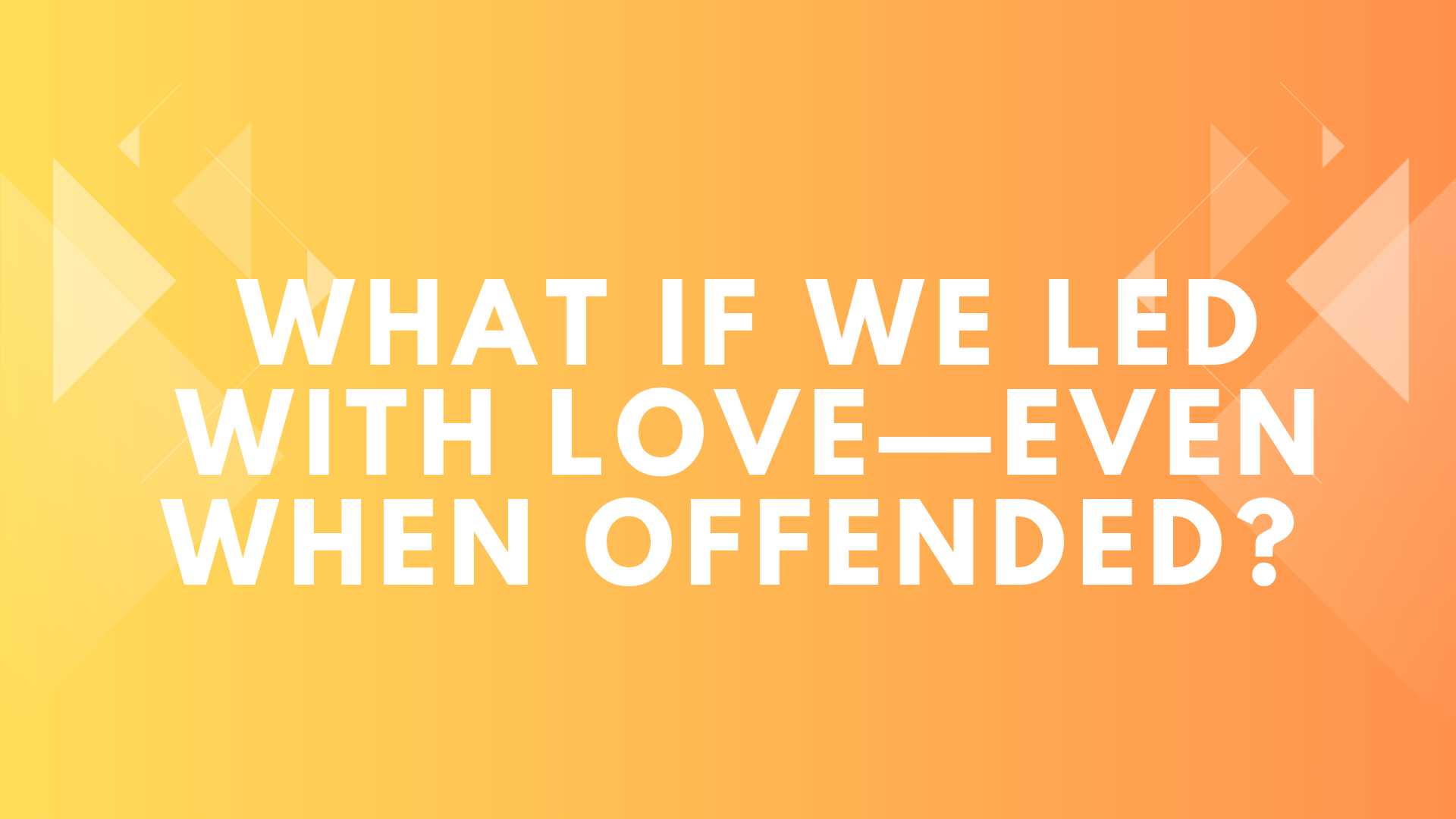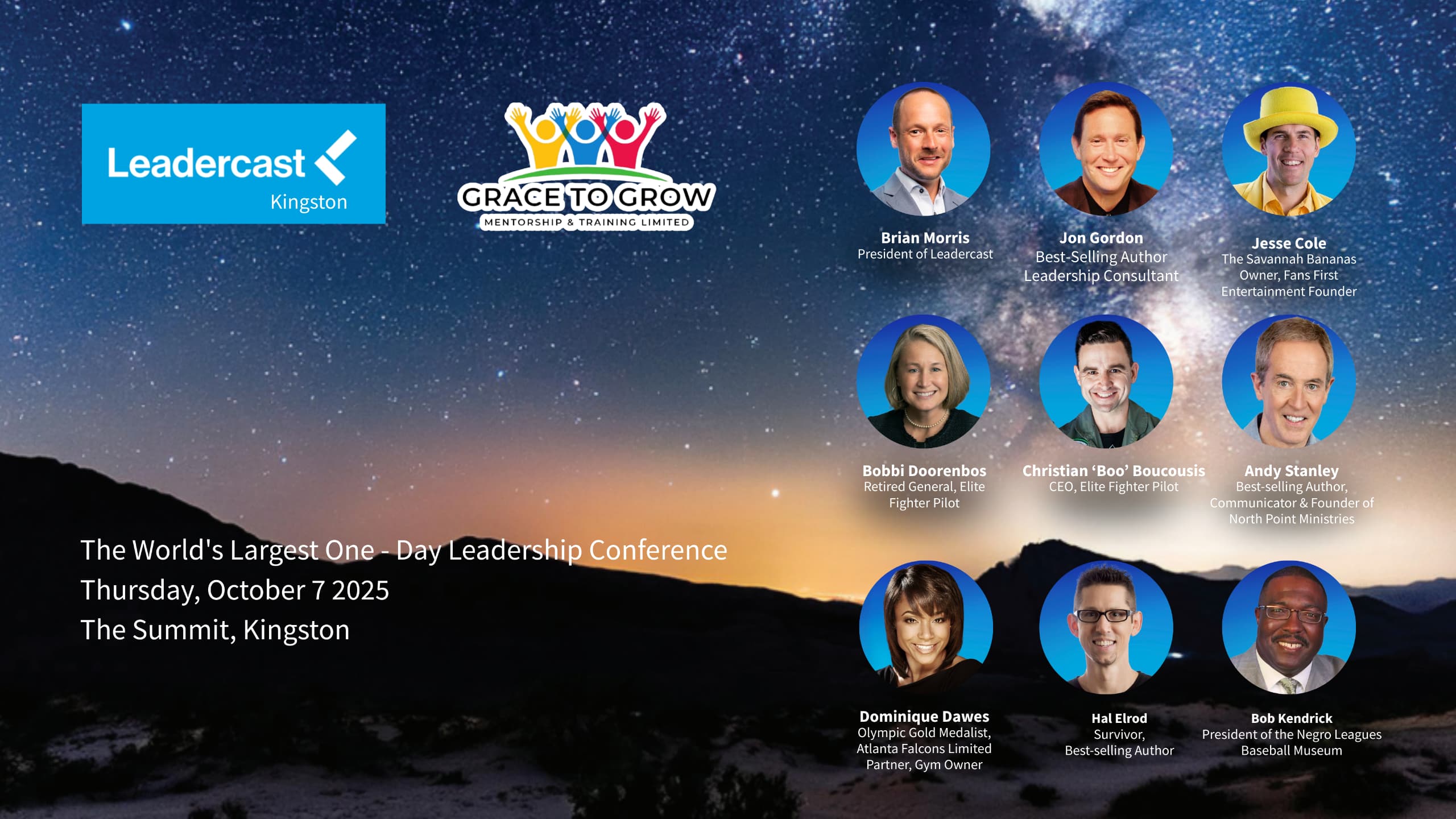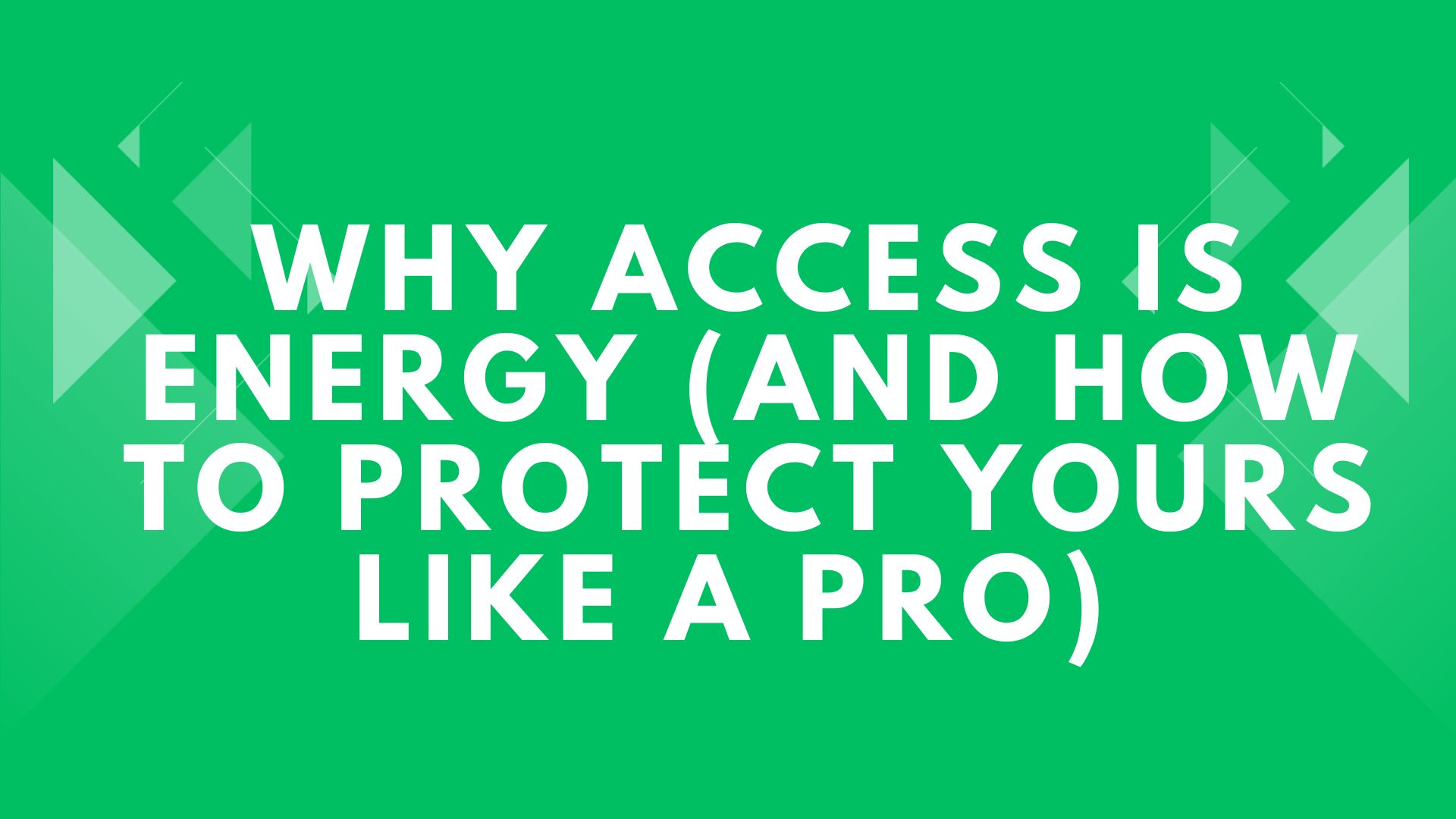“Anyone who can solve the problems of water will be worthy of two Nobel prizes – one for peace and one for science.” — John F. Kennedy
That’s how they opened the Auto Water 2018 Conference on Saturday, 10th February at Pragmati Maidan, New Delhi Indi.
India’s Statistics
1. India has 4% of the world’s fresh water yet 16% of the global population. India is water-stressed.
2. Nearly 50% of the rural population have a mobile phone yet only 20% has access to fresh drinking water.
3. More than 20% of death & diseases in India are water based.
4. Agriculture accounts for the bulk of water consumption (70%); Industry 20%, & 10% Auto consumption.
The auto sector accounts for the majority of water consumption (washing, cooling, broiling, etc). The sector accounts for 50% of India’s manufacturing side of the GDP. Overall, 10% of GDP is from the auto sector.
Ironically, as a provider of worldwide mobility, the congestion on the streets of India is incredible.
The discussion pointed in the direction that the problem of water is not of availability but rather distribution similar to what obtains for the world’s food supply. India has the highest precipitation in the world. Mother nature has been kind. The problem isn’t natural but man-made, requiring a mind-set shift. For example we pour a full glass of water yet only drink half and more often than not, throw away the rest.
Lest we think this water challenge is just happening in India, Cape Town, South Africa has been having water restrictions for a while. If the situation doesn’t improve, come May, 2018, they will be the first city in the world to not have water.
My Response
What has been my response to my awareness of the situation and will be even more so since the statistics are so glaring?
- I brush my teeth using water from a recycled bottle rather than allow the tap to run while I brush
- I turn off the shower while bathing instead of letting it run constantly
- I fetch water in a bucket and wash by hand instead of using the washing machine which takes more water for 1 cycle.
- I don’t change my clothes everyday unless I need to, that reduces the amount of water used to wash.
One love @ Noida, India








